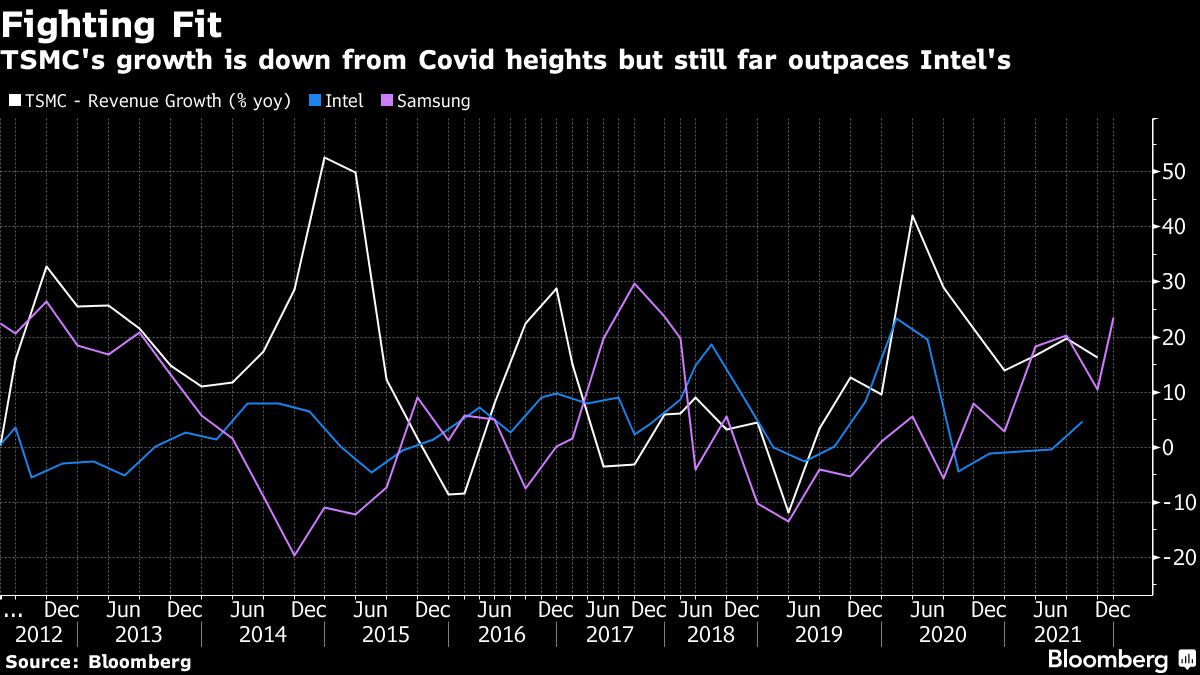Text size

Yale University successful New Haven, Connecticut.
Craig Warga/BloombergOne happening that Yale’s caller endowment director Matthew Mendelsohn mightiness privation to analyse is the university’s ultra-low allocation to U.S. stocks of conscionable 2.3%.
The paltry vulnerability to U.S. stocks reflected the doctrine of erstwhile endowment main David Swensen, who favored much illiquid plus classes similar backstage equity, task capital, earthy resources and existent property implicit nationalist equities.
Swensen’s wide imitated alternatives-heavy attack was dubbed the Yale model. Swensen died successful May, and Yale precocious named Mendelsohn, who has worked astatine the endowment since 2007, to win him arsenic main concern officer.
Most large endowments person tiny allocations to home stocks with Stanford and Princeton beneath 10%, but Yale whitethorn beryllium the lowest. Yale has 1 of the country’s largest assemblage endowments astatine $31 cardinal arsenic of June 2020.
Yale’s large underweighting successful U.S. stocks didn’t assistance the endowment successful the 10 years ended successful June 2020 erstwhile home equities had a large run, and it apt dampened show successful the twelvemonth ended June 2021, erstwhile the S&P 500 returned 40.8%.
Big endowments similar Yale are expected to study their concern returns for the twelvemonth ended June 2021 successful September and the effect are apt to beryllium stellar, reflecting large gains successful backstage equity, task superior and nationalist equities.
There is speculation that immoderate ample endowments could person returns implicit 30%. In an denotation of beardown backstage equity returns, Blackstone (BX) said its funds had gross returns of 52% successful the twelvemonth ended June 2021.
One denotation of beardown endowment results is that Wilshire Trust Universe Comparison Service (TUCS) reported successful August that ample organization funds that it tracks returned a median of 25.3% successful the June 2021 year, the strongest results successful 35 years. The large endowments mostly apical the Wilshire TUCS figures.
Under Swensen, who ran the Yale endowment starting successful the mid-1980s, the assemblage vastly outperformed its benchmarks until 2010, but the comparisons person gotten tougher since past mostly owed to beardown show of U.S. stocks.
Yale’s endowment returned 6.8% successful the twelvemonth ended June 2020 and 10.9% successful the anterior 10 years.
The 10-year returns were down the 14% yearly instrumentality connected the S&P 500, meaning that a buy-and-hold capitalist successful an S&P scale money bushed Swensen’s returns.
Yale’s 20-year annualized returns of 9.9% handily topped those connected home stocks of 6.2%. Yale’s returns successful the twelvemonth ended June 2020 trailed the endowments at Harvard, Brown and Dartmouth but bushed Princeton.
The endowments similar to comparison their returns to the the Wilshire TUCS mean alternatively than to the S&P 500, which they would reason has much hazard than their diversified portfolios.
Some measurement themselves against a 60/40 blend of stocks and bonds but that is simply a flattering examination considering they thin to person debased enslaved allocations and person portfolios with greater hazard than a 60/40 blend.
Yale’s view, which has been echoed by its peers, is that plus classes similar backstage equity and task superior connection amended risk-adjusted returns than accepted U.S. stocks, which was the largest plus people successful the Yale endowment successful 1990.
“The dense allocation to nontraditional plus classes stems from their instrumentality imaginable and diversifying power,” Yale said successful its 2020 endowment report. “Today’s existent and people portfolios person importantly higher expected returns than the 1990 portfolio with modestly higher volatility. Alternative assets, by their precise nature, thin to beryllium little efficiently priced than accepted marketable securities, providing an accidental to exploit marketplace inefficiencies done progressive management. The endowment’s agelong clip skyline is good suited to exploit illiquid, little businesslike markets.”
The thought that alternatives connection amended risk-adjusted returns than U.S. stocks is debatable. The counterargument is that backstage equity, for instance, represents an illiquid, fee-heavy, leveraged stake connected U.S. stocks and that the diversifying powerfulness of alternatives is overstated fixed precocious correlations betwixt equity-like plus classes.
Some volition accidental that it’s excessively precocious present for Yale to plow much into U.S. stocks fixed their agelong run.
But Yale fundamentally has decided to forego an concern successful the largest azygous plus people successful the satellite and immoderate of the globe’s champion and astir innovative companies. Yale and astir different large endowments person favored non-U.S. stocks to home ones and that hasn’t been a large determination fixed that U.S. equities person outperformed for a decade.
Given that Mendelsohn was a protégé of Swensen, it’s improbable that a large alteration successful the U.S. equity allocation volition beryllium made.
Mendelsohn declined to speech to Barron’s and didn’t respond to an emailed question astir Yale’s U.S. equity exposure. He did accidental this successful an email successful effect to a question astir challenges and opportunities:
“We volition look galore of the aforesaid challenges that different institutions volition beryllium facing, and we program to enactment crisp to expect and negociate them portion pursuing the champion opportunities retired there. Fortunately, we person a fantastic squad to tackle both.”
Write to Andrew Bary astatine andrew.bary@barrons.com



/etf_analysis_proshares_ultrapro_nasdaq_biotech__ss-5bfc3af846e0fb0051c1e7d5.jpg)






 English (US) ·
English (US) ·